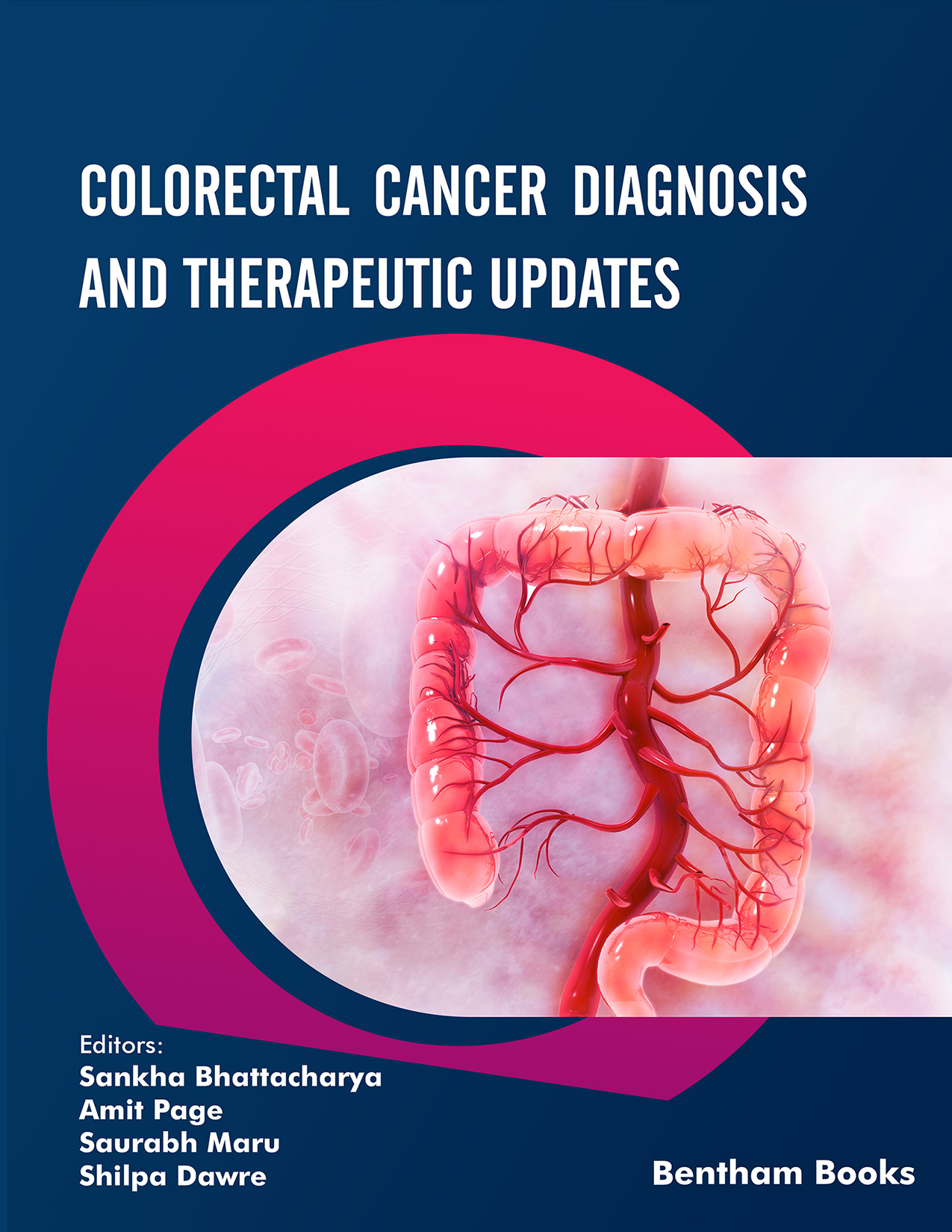Cancer is a disease in which cells develop abnormally and may involve any part of the body. Cancer is distinguished by the sudden development of irregular cells. It spreads to other areas of the body and eventually to other organs; this is referred to as metastasizing. The most common cause of cancer-related death is metastasis. According to a World Health Organization (WHO) survey, about 9.6 million deaths were reported worldwide in 2018, and 7.6 million deaths were estimated in 2008 due to cancer. Lung, breast, colorectal, stomach, and liver cancers are some of the more prevalent cancers diagnosed in men. Breast cancer, colorectal cancer, lung cancer, cervical cancer, and thyroid cancer are some of the more prevalent cancers among women. Changing one's lifestyle and adopting more sustainable habits could prevent about 30 percent of cancer deaths. According to a study released on September 12, 2018 in "A Cancer Journal for Clinicians" by the International Agency for Research on Cancer (IARC), the top three cancer forms are prostate, female breast, and colorectal cancer, both of which are mainly present in humans. Colorectal cancer is the third most commonly diagnosed cancer (1.8 million patients, or 10.2 percent of all cases), followed by prostate cancer (1.3 million cases, or 7.1 percent), and stomach cancer (the fifth most commonly diagnosed cancer) (1.0 million cases, 5.7 percent). Per year, it is projected that 1.2 million people are diagnosed with colorectal cancer.
Colorectal cancer (CRC) is a complex disorder caused by the interaction of hereditary and environmental causes, which can be classified according to the importance of each of these factors. CRCs are often seasonal (70-80%), with age being the most important risk factor; hereditary variants account for just a small percentage of incidents. Colorectal cancer develops as a result of the accumulation of hereditary and epigenetic modifications. The most advanced CRCs grow from adenomas (adenoma-carcinoma sequence). The neoplastic transfer cycle is estimated to be about 10-15 years, which refers to the amount of time required to detect and remove these adenomas before they progress to invasive carcinoma. The three main carcinogenesis pathways for colorectal cancer (CRC) are currently being debated.
This book reflects on the most basic clinical and medical methods for colorectal cancer care. Furthermore, we concentrate on recent advancements in colorectal cancer science as well as the critical mechanisms involved in colorectal cancer treatment.
The chapters of this book are structured in such a manner that even readers with no prior awareness of the topic will learn about it in the book. As a result, the book's contents have been divided into eleven chapters.
We did our best to include relevant knowledge in a clear and concise manner. We hope that by the end of the book, readers will be able to follow other researchers in their pursuit of the topic's estimated supremacy. Furthermore, we hope to be able to contribute to the development of research in this area.
Sankha Bhattacharya
Associate Professor, Department of Pharmaceutics,
School of Pharmacy & Technology Management,
SVKM'S NMIMS Deemed-to-be University,
Shirpur, Maharashtra,
India
Amit Page
Assistant Professor, Department of Pharma Science,
School of Pharmacy & Technology Management,
SVKM'S NMIMS Deemed-to-be University,
Shirpur, Maharashtra,
India
Saurabh Maru
Assistant Professor, Department of Pharmacology,
School of Pharmacy & Technology Management,
SVKM'S NMIMS Deemed-to-be University,
Shirpur, Maharashtra,
India
&
Shilpa Dawre
Assistant Professor, Department of Pharmaceutics,
School of Pharmacy & Technology Management,
SVKM'S NMIMS Deemed-to-be University,
Shirpur, Maharashtra,
India

